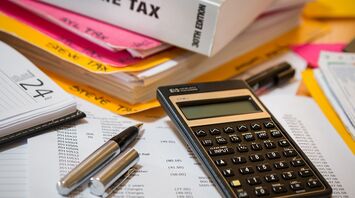Impact of Increased German Aviation Taxes on Economy and Decarbonization

Germany's recent increase in aviation taxes, criticized by the International Air Transport Association (IATA), could have significant repercussions on the country's economy and its aviation industry's environmental goals. As of May 1st, the tax on flying rose by 19%, now ranging between EUR 15.53 to EUR 70.83 per passenger depending on the route. This policy change is poised to challenge Germany's economic competitiveness in critical sectors like exports, tourism, and job creation.
The hike in aviation taxes is anticipated to slow down Germany’s recovery in air transport, particularly following the pandemic's impact. Currently, international passenger numbers are trailing by 20% compared to pre-pandemic levels, indicating a slower rebound than other European Union members. Willie Walsh, IATA’s Director General, expressed concerns, describing the move as "policy madness" that neglects the need for strategic measures to bolster Germany's competitive stance and encourage trade and travel.
Moreover, the tax increase threatens the aviation industry's efforts to achieve decarbonization. The industry aims for net-zero CO2 emissions by 2050, with sustainable aviation fuels (SAF) playing a crucial role. Originally, the German government's coalition agreement promised that tax revenues from aviation would fund SAF production. However, this commitment has not been met, complicating the industry's transition to greener alternatives.
The German government's inclination towards additional taxes, including a potential European jet fuel tax, further burdens the industry. A survey conducted among German air travelers reveals a broad skepticism towards these 'green taxes', with many viewing them as mere governmental greenwashing. According to Walsh, such taxation undercuts the industry’s financial capacity to invest in crucial decarbonization initiatives like SAF, fuel-efficient fleets, and other environmental measures.



















